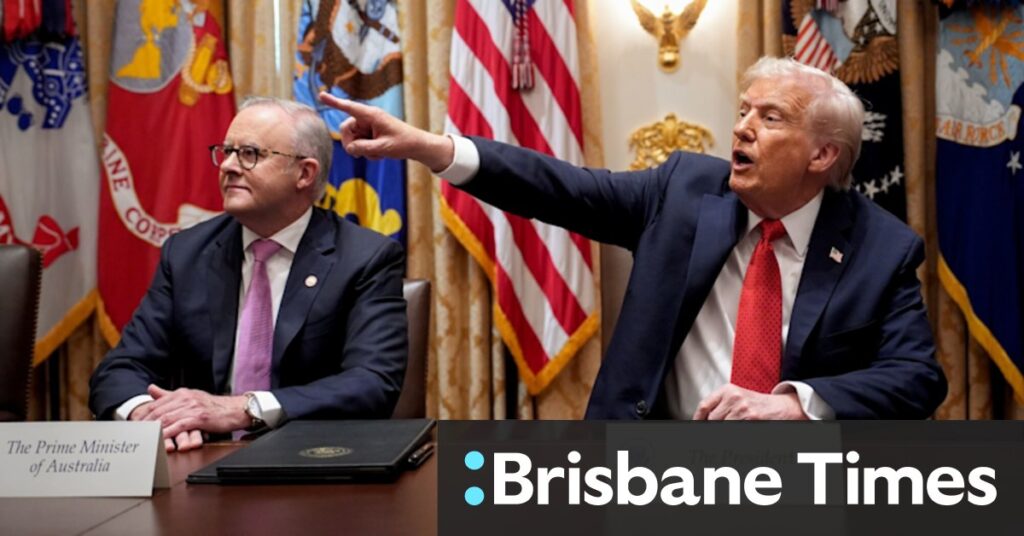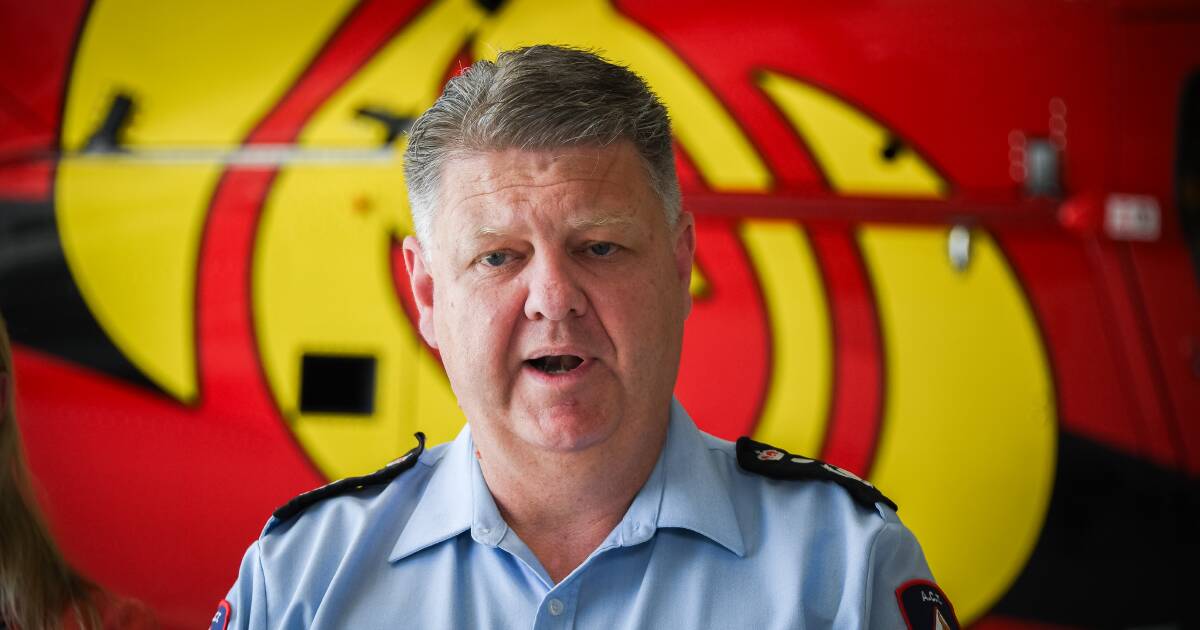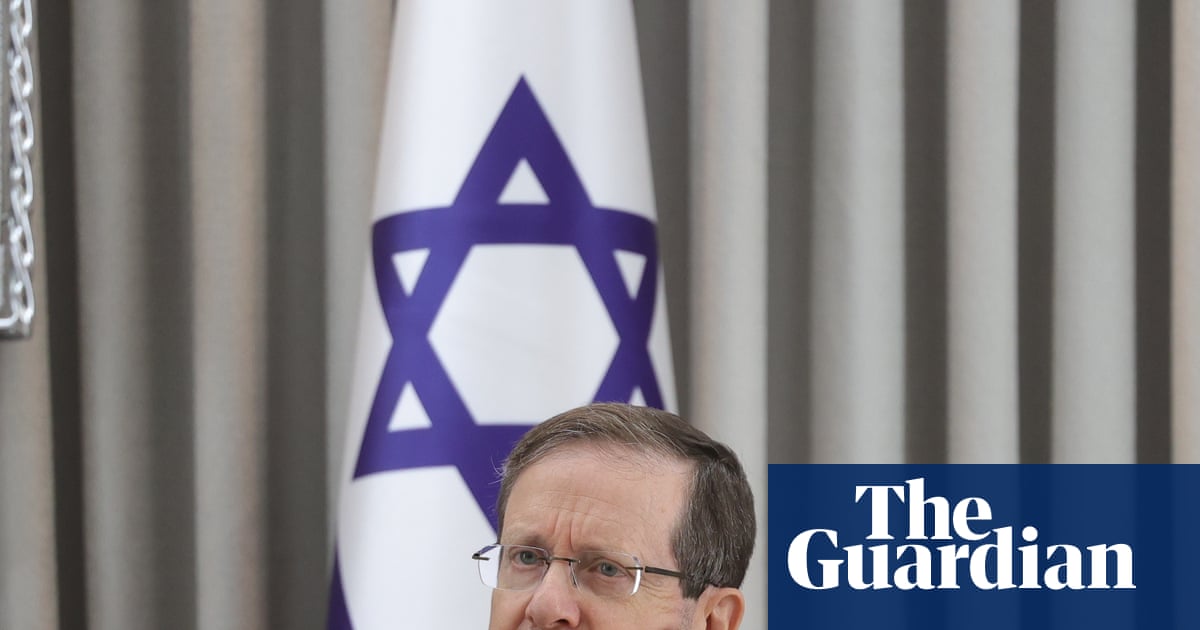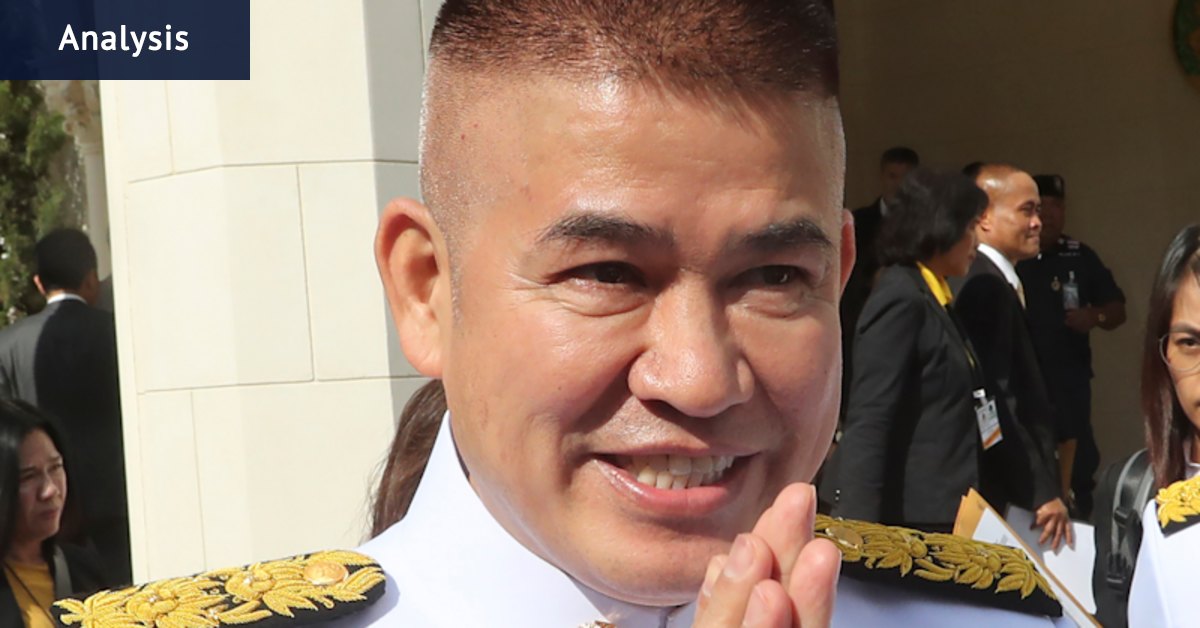
At the precise moment Australian Prime Minister Anthony Albanese was engaged in high-level talks with former President Donald Trump at the White House, New Zealand’s Defence Minister Judith Collins was being warmly received at the Pentagon. This simultaneous diplomatic engagement highlights a significant shift in the defense dynamics involving the United States and its allies in the Asia-Pacific region.
Collins, a former leader of New Zealand’s conservative National Party, was welcomed by Elbridge Colby, the undersecretary of defense for policy, and engaged in what she described as “an excellent meeting with excellent friends.” This reception starkly contrasted with the reception of Australia’s Defence Minister Richard Marles in August, whose meeting with US officials was described as a “happenstance encounter.”
US Defense Dynamics: A Tale of Two Allies
Collins’ visit to the Pentagon comes amid her vocal support for increased defense spending by Australia and New Zealand, a sentiment echoed by Colby. In a recent interview, Collins emphasized the need for allies to contribute more to defense, stating,
“Everyone’s been pretty slack and the Americans have been carrying us.”
This statement resonated with Colby, who shared it on his social media platform, highlighting a growing alignment between New Zealand’s defense strategy and US expectations.
In contrast, Australia has taken a more measured approach, arguing that defense spending should be determined by national needs rather than a fixed percentage of GDP. This stance has placed Australia at odds with some US defense officials who have been vocal about the need for increased spending, especially in light of the AUKUS agreement.
Trump’s Endorsement: A Shift in US Policy
The recent meeting between Trump and Albanese marked a significant endorsement of the AUKUS pact, which involves the US, UK, and Australia in a strategic defense partnership. Trump dismissed concerns about a potential conflict with China and praised Australia’s defense spending, stating,
“You can only do so much.”
This endorsement represents a victory for the State Department, led by Secretary of State Marco Rubio, over skeptics within the Pentagon.
According to Lisa Curtis, director of the Indo-Pacific Security Program at the Centre for a New American Security, Trump’s support has provided a strong foundation for US officials to implement AUKUS without the previous uncertainties. Curtis noted,
“The good thing about Trump’s strong statement of support for AUKUS is that now all of the supporters in the US system are on strong footing.”
The Role of the UK and Future Implications
The UK’s influence in securing Trump’s backing for AUKUS has been significant. British Prime Minister Keir Starmer and King Charles III played pivotal roles in advocating for the agreement during Trump’s state visit to the UK. Sophia Gaston from King’s College in London highlighted the emotional and symbolic connection between the UK and the US, stating,
“The emotional and symbolic connection between Britain and the United States was effectively harnessed to underpin the case for policy alignment.”
Moreover, Australia’s diplomatic efforts, including Marles’ visits to Washington and engagements with US lawmakers, have been crucial in solidifying support for AUKUS. Curtis emphasized the importance of these efforts, noting that
“This is a win for Australian diplomacy.”
Challenges Ahead: Addressing Ambiguities
Despite the strong support for AUKUS, challenges remain. US Navy Secretary John Phelan acknowledged ongoing ambiguities within the agreement, though Trump downplayed these concerns during his meeting with Albanese. The US is reportedly seeking long-term use of Australia’s HMAS Stirling for nuclear-powered submarines, raising questions about Australia’s readiness to manage such assets.
Bryan Clark from the Hudson Institute expressed concerns about Australia’s capacity to train its workforce and prepare infrastructure for the submarines, stating,
“They’re not going to sell these submarines to Australia unless the US government is confident they will be operated correctly and safely.”
Clark emphasized the importance of Australian management and oversight to ensure sovereign capability.
As the US government navigates its current shutdown due to funding disputes, the future of AUKUS remains a critical topic of discussion. The partnership’s success will depend on continued diplomatic efforts and strategic alignment among the involved nations.






